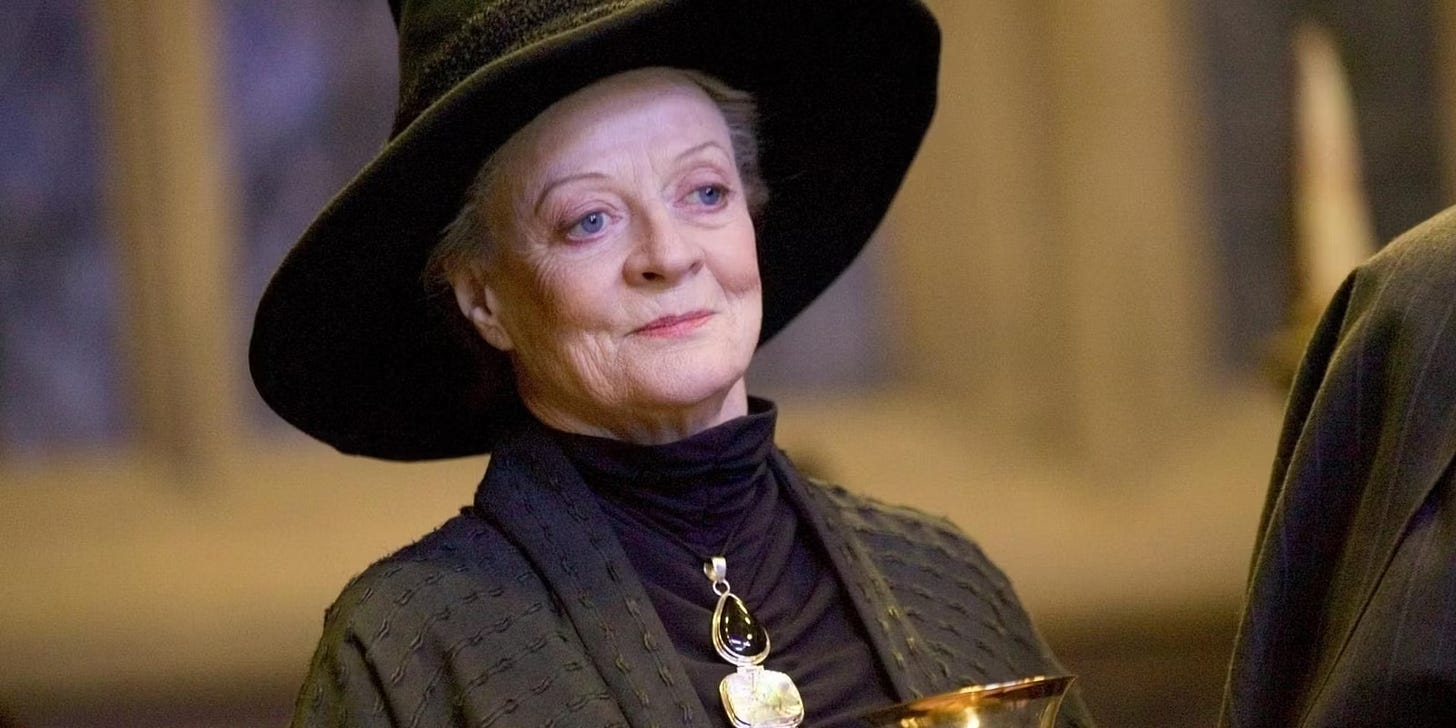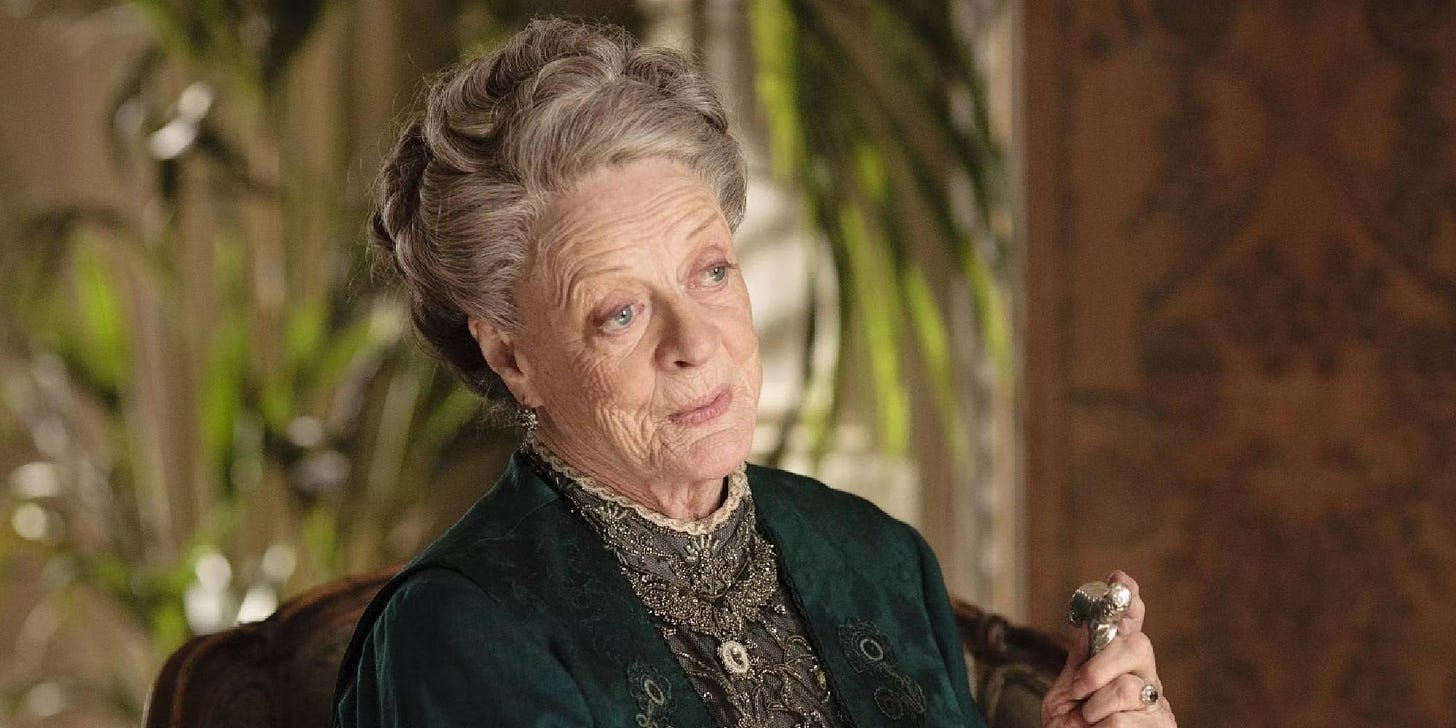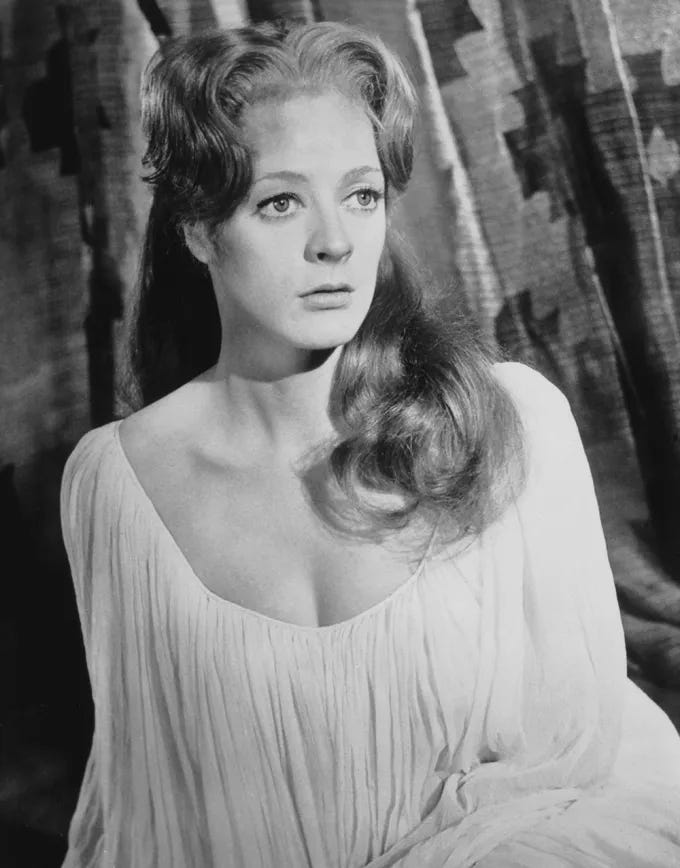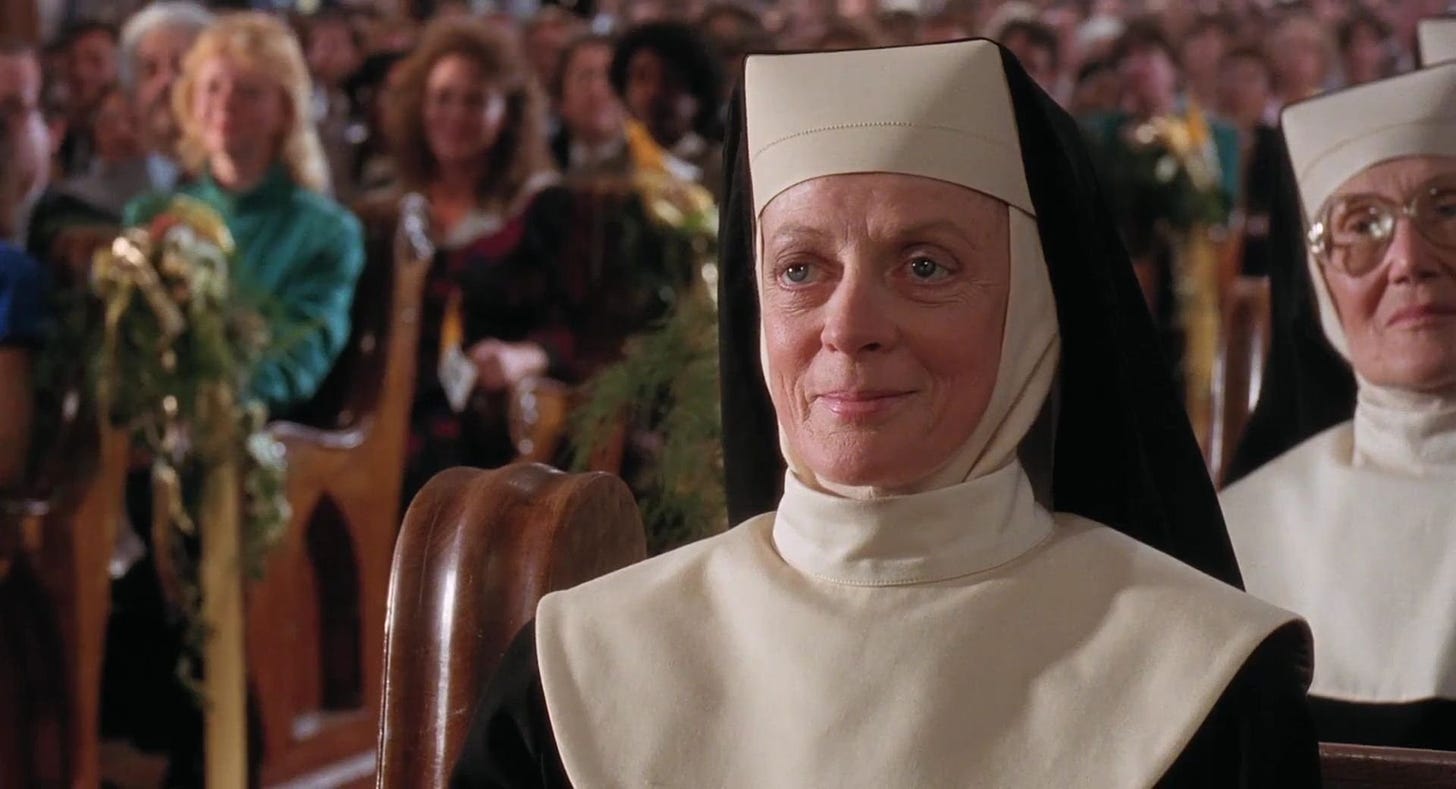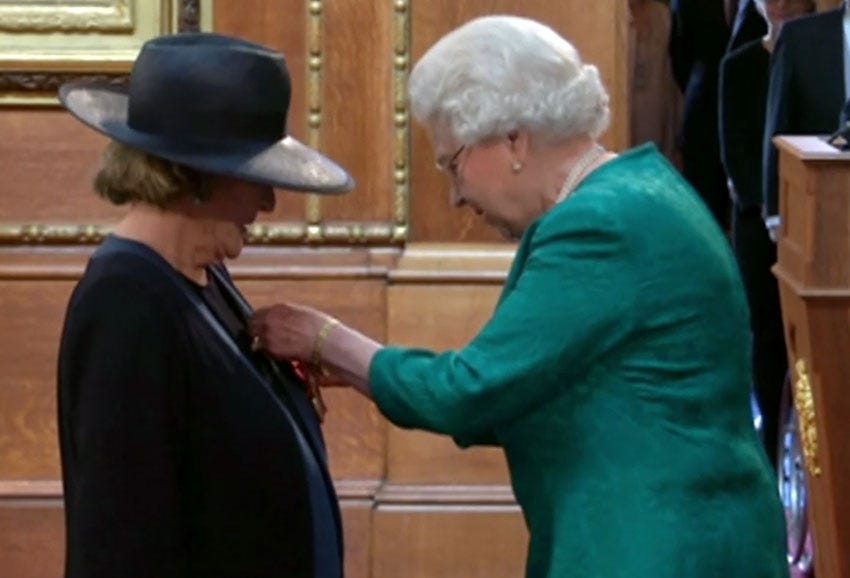A Timeless Legacy: Celebrating the Artistry of Dame Maggie Smith
A Journey Through the Life of a Remarkable Actress
When the news of Dame Maggie Smith’s passing reached me, an overwhelming weight settled on my heart. She was more than just an actress; she was a beacon of inspiration throughout my teenage years, her performances weaving seamlessly into the fabric of my life. In that moment of reflection, tears filled my eyes as I remembered her as the wise and formidable Professor Minerva McGonagall, whose fierce spirit and gentle authority made the world of magic feel tangible and real. At 89, as she took her final curtain call, the significance of her title, “Dame,” resonated deeply—it was a testament to a woman whose warmth and talent garnered profound admiration.
Throughout her extraordinary journey, she danced effortlessly between stage and screen, becoming a beloved icon for many. Losing her feels like saying goodbye to a guiding star that illuminated our lives, a true legend whose strength and vulnerability brought characters to life in ways we could all relate to.
Later, her role as the fiercely witty Violet Crawley, Dowager Countess of Grantham, in Downton Abbey brought a different kind of joy, showcasing her incredible range and ability to inhabit characters that resonated with so many across generations. Dame Maggie’s remarkable versatility enriched our storytelling experience, allowing her to capture the essence of both strength and vulnerability in her roles. She leaves behind a legacy that profoundly touched the hearts of those fortunate enough to witness her artistry, reminding us all of the enduring power and beauty of storytelling. Her impact will be felt for years to come, as we continue to celebrate the magic she brought to our lives.
Born on December 28, 1934, in Ilford, Essex, Dame Maggie Smith's artistic journey began with a spark that ignited a luminous career. Her formative years at the Oxford School of Drama nurtured her innate talent and keen insight into the intricacies of human emotion. As she graced the stage, she blended formidable artistry with a profound understanding of the human experience, captivating audiences from the outset.
Smith's early roles in the timeless works of George Bernard Shaw and Henrik Ibsen showcased her remarkable ability to embody both resilience and fragility. Her unforgettable portrayal of Desdemona opposite Sir Laurence Olivier's Othello revealed a depth of character that solidified her reputation as a powerhouse in the theatrical realm. Her mastery of Shakespearean dialogue was not merely technical; it was an emotional exploration that illuminated the text with her profound understanding of human feelings.
In her later reflections, Smith often playfully acknowledged her frequent appearances in corsets and wigs, a lighthearted nod to the roles that defined her identity. This playful acknowledgment encapsulated the dual nature of her craft—an unwavering commitment to her art interwoven with a delightful sense of humor.
Her remarkable versatility transcended the stage, allowing her to shine in film, most notably as Professor McGonagall in the Harry Potter series. This role not only introduced her to a new generation of admirers but also cemented her status as a cultural icon. As the stern yet nurturing head of Gryffindor House, she embodied a unique blend of wisdom and strength, guiding Harry and his friends with steadfast resolve. Her portrayal struck a profound chord, characterized by sharp wit and an unyielding commitment to justice—qualities that inspired admiration and loyalty among her audience. In every role, Smith carved out a legacy of courage and integrity, leaving an indelible mark on the landscape of performance art.
Dame Maggie Smith's filmography is a remarkable showcase of her incredible versatility and depth as an actress. In Sister Act, she expertly portrayed Mother Superior, deftly blending humor and seriousness as she guided Whoopi Goldberg’s character toward redemption. However, it was in The Prime of Miss Jean Brodie that she truly discovered one of her most iconic roles—a passionate educator inspiring her students’ imaginations while confronting the repercussions of her influence. In this poignant film, Smith’s performance served as a masterclass in complexity, highlighting her remarkable ability to delve into the nuances of her character with deep insight.
In recognition of her significant contributions to the world of drama, Smith was bestowed with the title of Dame Commander of the Order of the British Empire (DBE) in 1990. This honor was not merely an acknowledgment of her prodigious talent but a celebration of her unwavering commitment to the arts and the profound impact she had on the cultural landscape. The title of "Dame" signifies a legacy of achievements that resonate deeply within society, representing a career adorned with accolades and profound influence.
Her damehood epitomized a legacy that transcended mere recognition; it became a powerful statement about the vital role of women in the arts. In a world that has often overlooked the contributions of women, especially as they age, Smith’s status emerged as a beacon of inspiration. It served as a reminder that artistry knows no age limit, flourishing in an environment nurtured by passion and resilience.
Throughout her illustrious career, Smith brought to life a plethora of characters that were both formidable and deeply relatable. In her role as Violet Crawley in Downton Abbey, she embodied a woman entrenched in tradition yet perceptively aware of a changing world. "What is a weekend?" With her signature sharp wit and keen insight, Smith delivered some of television’s most memorable lines, capturing the tireless dedication of artists and highlighting the blurring of boundaries between work and leisure for those who live their craft.
Dame Maggie Smith's legacy extends far beyond her remarkable performances; it resides in her innate ability to forge profound connections with audiences. Through her diverse roles, she delved into the depths of love, loss, and resilience—elements that bind the human experience. Over a career spanning seven decades, she breathed life into characters that were complex, flawed, and deeply human, inviting us all to reflect on our shared humanity.
As I contemplate her extraordinary journey, I am reminded of the profound power of storytelling. “Acting is a very personal job. It’s not a question of getting it right. It’s about finding out how you feel about something and then putting it out there.” Smith's performances have entertained us, yes, but they have also inspired countless individuals to pursue their passions and embrace their uniqueness. Her art serves as a bridge across generations, encouraging us to celebrate our shared experiences and the beauty woven into our diverse narratives.
In a world where the spotlight can dim, Dame Maggie Smith’s brilliance continues to radiate—a timeless symbol of hope, artistry, and resilience. Her journey has enriched our lives, reminding us that true greatness is not solely measured by accolades but by the lives we touch along the way. As she takes her final bow, I hold close my deep appreciation for a life exquisitely lived and an enduring legacy that will inspire generations to come. In her departure, I find a heartfelt reminder that the stories we share and the connections we foster are the true essence of artistry—eternal, transformative, and ever-inspiring.




